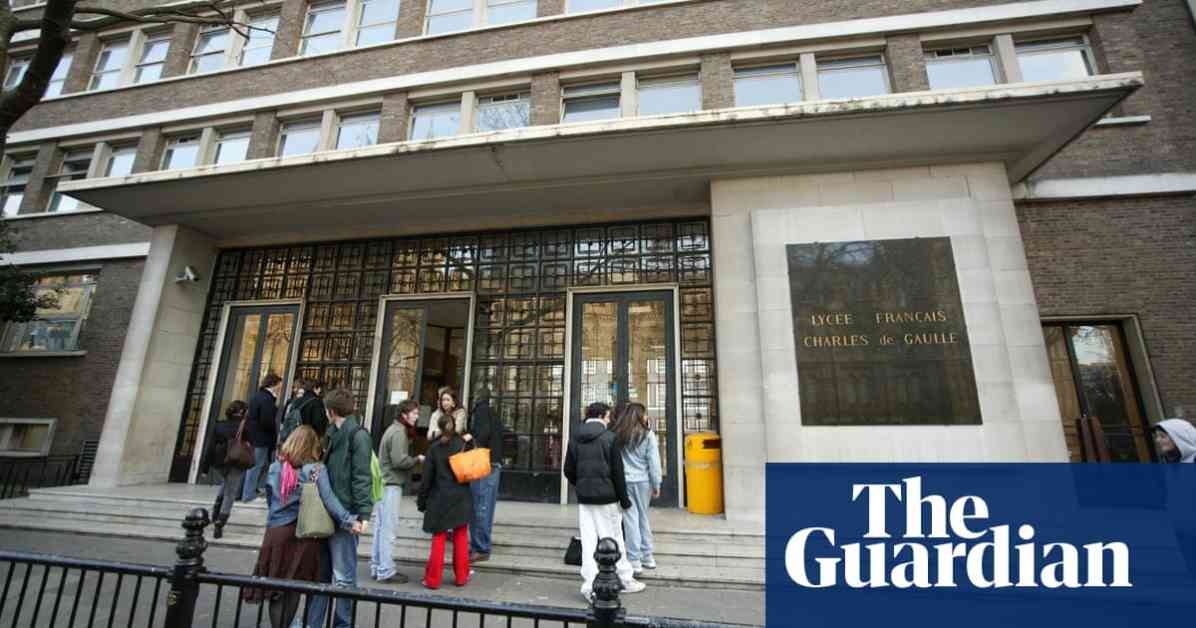Imposing VAT on international schools in the UK could have a significant impact on the number of students attending these institutions, according to European diplomats. The German and French ambassadors to the UK emphasized the importance of retaining the VAT exemption for international schools, citing the unique circumstances that differentiate these schools from British private schools.
The diplomats highlighted that international schools serve the needs of expat families who may only be in the UK for a limited period and require a curriculum that aligns with their home country’s education system. Removing the VAT exemption could result in a potential exodus of students from these schools, as the financial burden may force families to seek alternative educational options.
The German ambassador pointed out that companies investing in the UK rely on the availability of international schools to cater to their employees’ educational needs. He mentioned the Deutsche Schule London as an example, stating that a significant number of students may have to leave if the VAT exemption is revoked.
Similarly, the French ambassador raised concerns about the impact of the VAT change on French-accredited schools in the UK. These schools follow a specialized curriculum in preparation for French exams, and the ambassador noted that parents do not have alternative options that offer the same educational structure. The potential decrease in enrollment due to the VAT imposition could weaken these schools and disrupt the education of thousands of students.
In addition to the diplomatic concerns, critics of the VAT change have highlighted the short implementation timescale and the unintended consequences it may have on students with learning difficulties attending specialist independent schools. The potential effects on military families who rely on international schools have also been raised as a point of contention.
The British government’s decision to remove the VAT exemption for private schools is part of a wider initiative to allocate funding for new teachers in state schools. While the intention behind the change is to enhance the public education system, the implications on international schools and their students cannot be overlooked.
In conclusion, the impact of imposing VAT on international schools in the UK goes beyond financial considerations. It has the potential to disrupt the education of expat families, jeopardize the cultural and educational ties between countries, and create challenges for companies relying on these institutions for their employees. Finding a balance between funding public education and supporting international schools is crucial to maintaining a diverse and inclusive educational landscape in the UK.

